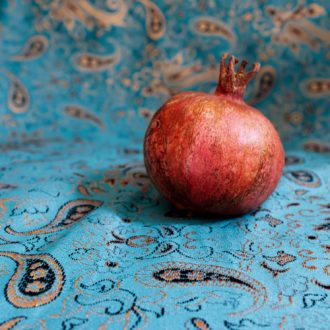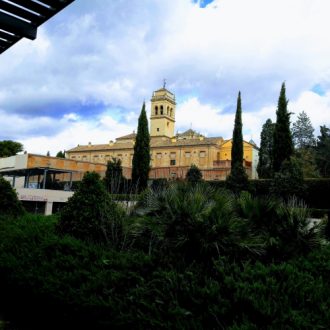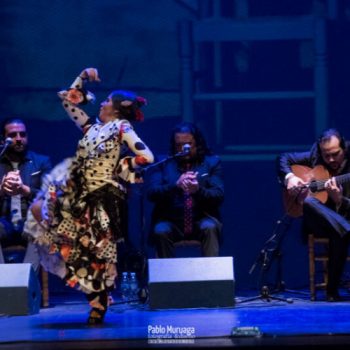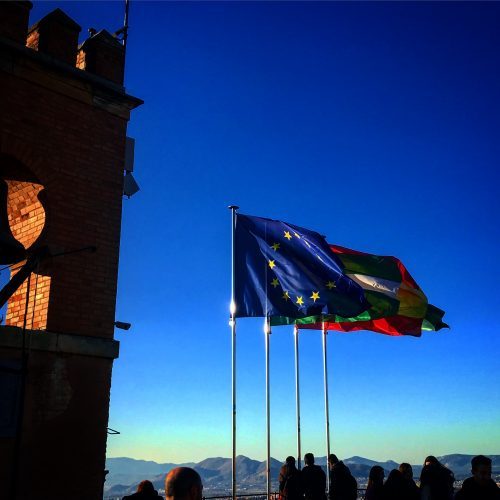
What is el Día de Andalucía (Day of Andalusia)
To share with you one of the most important days in our beloved Andalucía, today we are diving into a local holiday, Día de Andalucía!
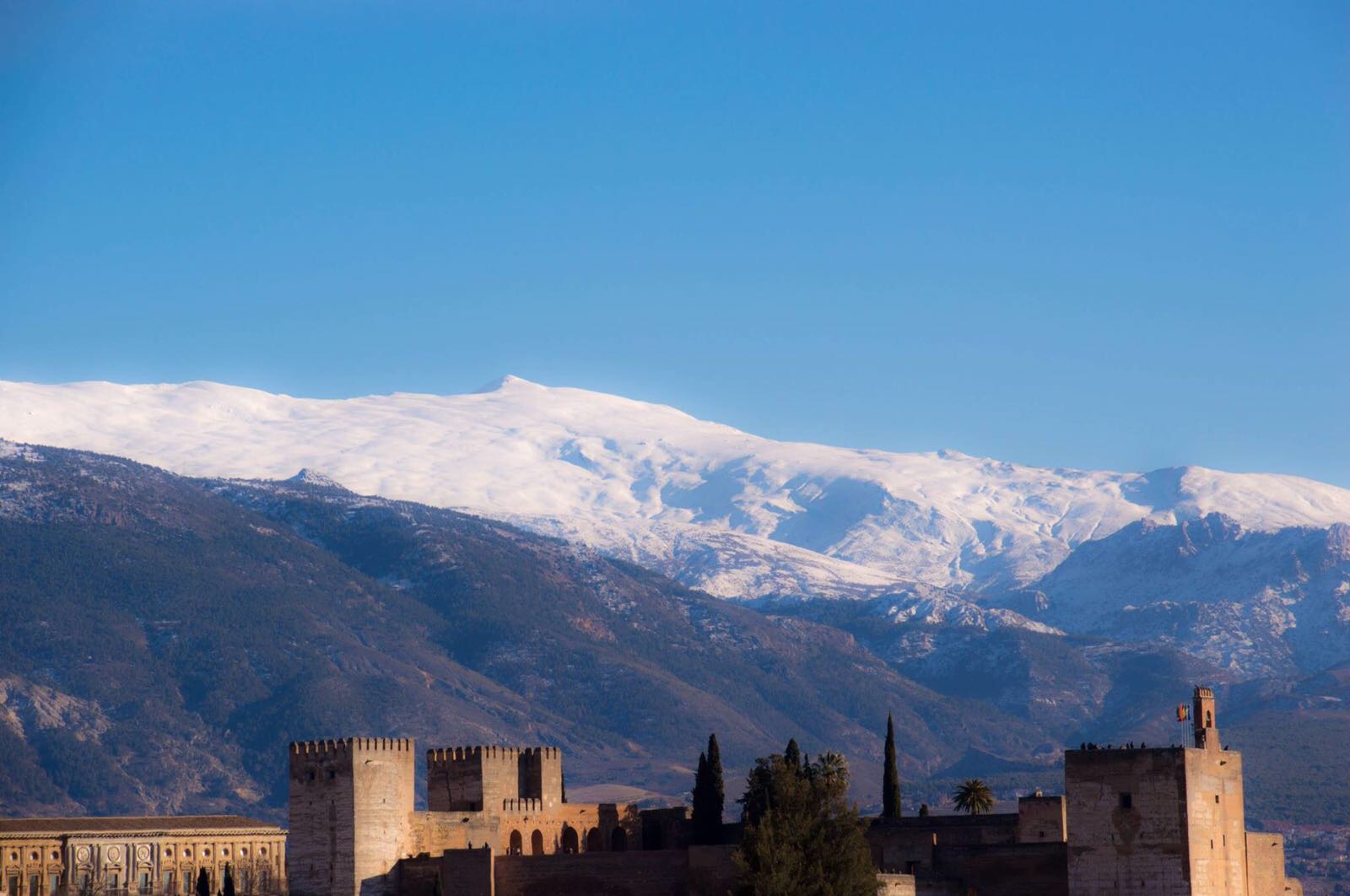 What is it:
What is it:
The Día de Andalucía falls on February 28th. This special day celebrates the signing of the referendum in 1980 that would allow the Autonomous Region of Andalucía to become independent and, eventually, recognized as an historic nationality in 2006. The Día de Andalucía is a public holiday (bank holiday) in this region, including the provinces of Almería, Cádiz, Córdoba, Granada, Huelva, Jaén, Málaga and Sevilla. In addition to schools and most businesses closing, local governments also tend to organize other activities on this day.
The History:
Currently, Andalucía is the most populated Autonomous Region in Spain and the second biggest in size. In addition, Andalucía has played a significant role in Spanish history over the centuries, notably, we have talked about the time of Al-Andalus, although other historic events (such as the Reconquista) mark this region as well. The fight for recognition of the area as an independent region began in the first half of the 19th century with Blas Infante, known as the Father of Andalucía, who designed the Andalusian flag and wrote the regional anthem.
However, when the Spanish Civil War broke out in 1936, the movement saw itself put on hold until the end of Franco’s rule. With his death in 1975 and the re-introduction of democracy to Spain, Andalucía began to try again to gain autonomy.
In 1978 the first steps were taken towards the declaration of this Autonomous Region with the signing of the Antequera Pact, an agreement between the provinces to work together to achieve autonomy. On the 28th of February, 1980 the people were given the chance to speak their mind in a referendum—and they voted yes. In addition, in 2006, the Spanish Parliament accepted Andalucía as an historic nationality.
Main Activities:
For Spaniards, one of the most important parts of culture is the food and in Andalucía it is no different. During the celebration of Andalucía, people tend to celebrate their local food culture. A traditional snack during this time is to eat bread or toast with local olive oil and, if you are lucky, a little bit of fresh tomato and serrano ham.
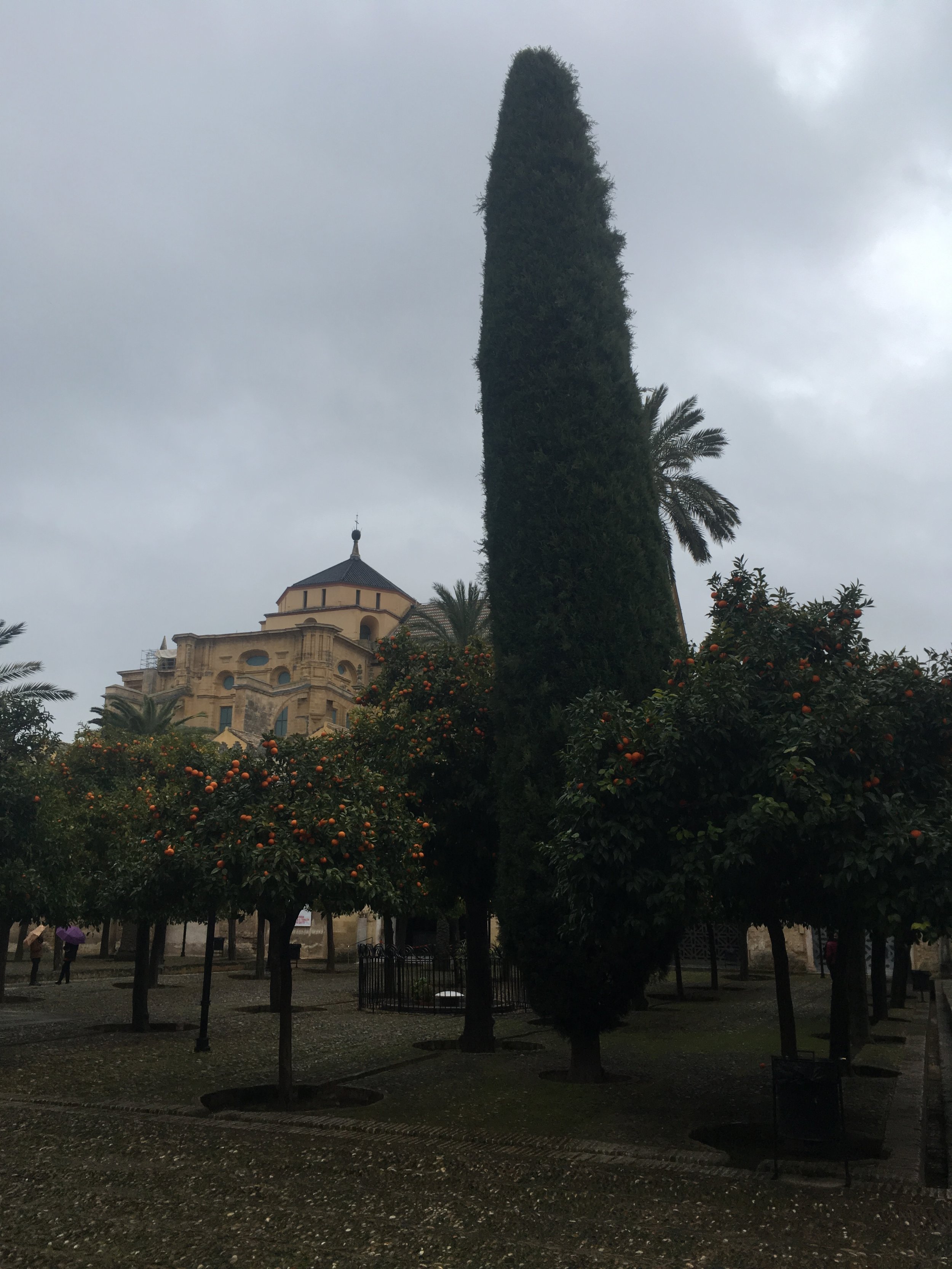 At the same time, from an outsider’s perspective, it may seem like the most important thing for many people (especially younger children) is the having the day off from school/work. However, there are many indications that the holiday is still very important for a large part of the population as we can see the green and white stripes of the Andalusian flag designed by Blas Infante hanging from the balconies of many homes. In addition, in communities where the fight for autonomy was especially strong, local governments organise activities to celebrate their customs.
At the same time, from an outsider’s perspective, it may seem like the most important thing for many people (especially younger children) is the having the day off from school/work. However, there are many indications that the holiday is still very important for a large part of the population as we can see the green and white stripes of the Andalusian flag designed by Blas Infante hanging from the balconies of many homes. In addition, in communities where the fight for autonomy was especially strong, local governments organise activities to celebrate their customs.
If you want to join in, I would recommend checking out a small town instead of a larger city because the local traditions are more likely to be stronger there. Most towns will be decorated with flags and the regional anthem will be sung during a local event. One suggestion would be, to check out Casares—the birthplace of Blas Infante—if you are going to be in the region of Málaga.
Resources:
https://blog.fuertehoteles.com/en/culture/28f-andalucia-big-day/
http://icalendario.net/fiestas-oficiales/dia-de-andalucia


